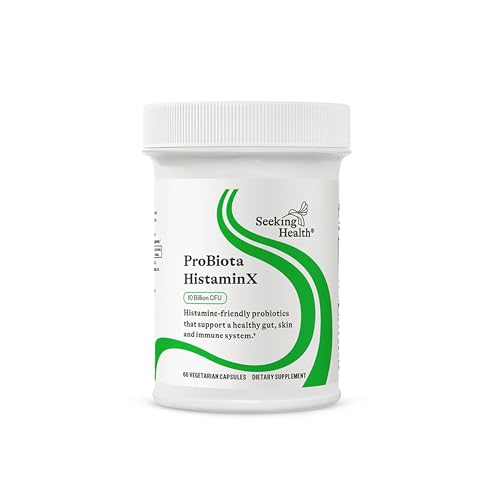
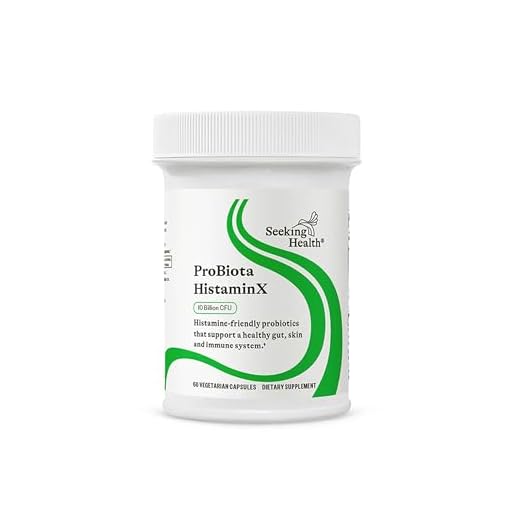
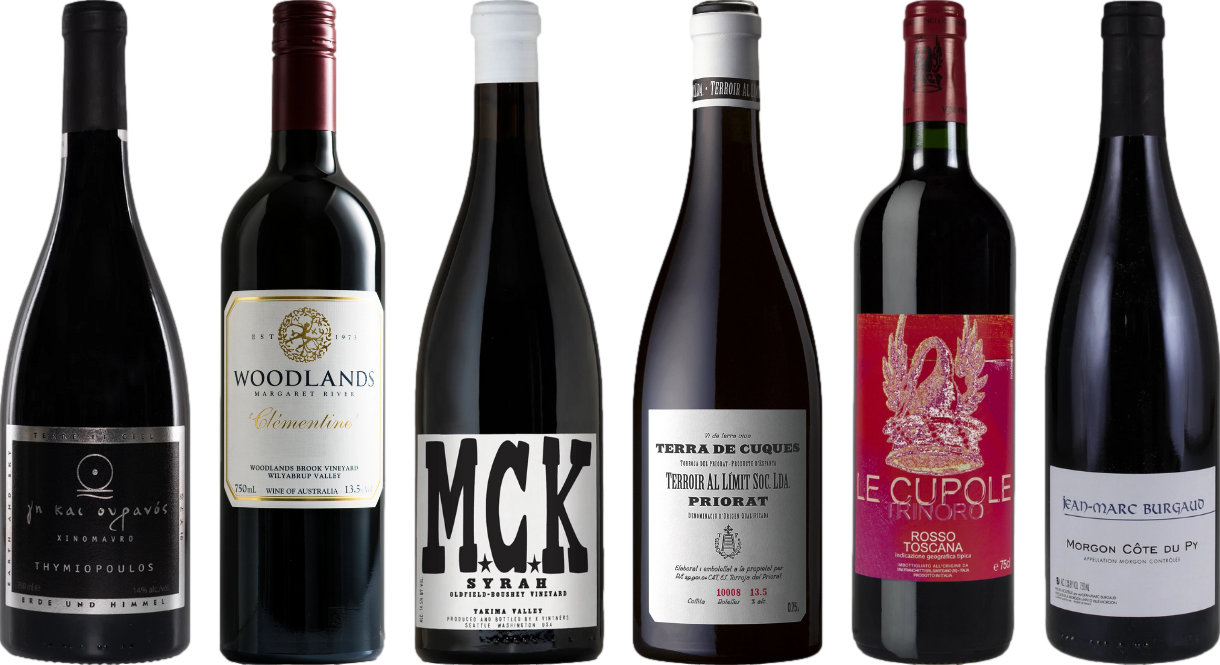

It’s essential to recognize that the consumption of certain beverages, particularly those rich in pigments like a specific varietal, may lead to noticeable changes in bowel movements. If you’ve recently noticed a shift in color, it’s prudent to consider your dietary choices and their potential effects on digestion.
Studies indicate that anthocyanins, the natural pigments found in grapes, can lead to darker fecal matter. This is a common reaction when consuming products high in these compounds. If you find yourself experiencing this phenomenon, it may be beneficial to monitor your intake and explore how different foods interact with your digestive system.
In such cases, maintaining a food diary can be helpful to identify any patterns. If the change in coloration persists or is accompanied by discomfort, consulting a healthcare professional is advisable to rule out any underlying issues. Remember, understanding your body’s responses to various foods and beverages can enhance your overall well-being.
Can Drinking Red Wine Lead to Dark Feces?
Occasional consumption of certain varietals may result in a temporary change in stool appearance. The pigments present in these beverages, particularly anthocyanins, can influence color. If you notice a shift towards darker hues, it might be due to the presence of these natural compounds.
However, if darkened fecal matter persists, it is essential to evaluate other dietary factors or health issues. This could include iron-rich foods or supplements, which might also contribute to similar changes. Always consider a holistic view of your diet and consult a healthcare professional if concerns arise.
Maintaining a balanced and varied diet is key. Pairing meals with lighter options may help mitigate any potential effects on digestion. If you enjoy these beverages, moderation is advisable, along with paying attention to your body’s responses.
In summary, while occasional enjoyment of deep-hued varietals might lead to a temporary visual alteration in fecal matter, it is crucial to monitor for any ongoing changes that may necessitate medical advice.
Understanding the Composition of Red Wine
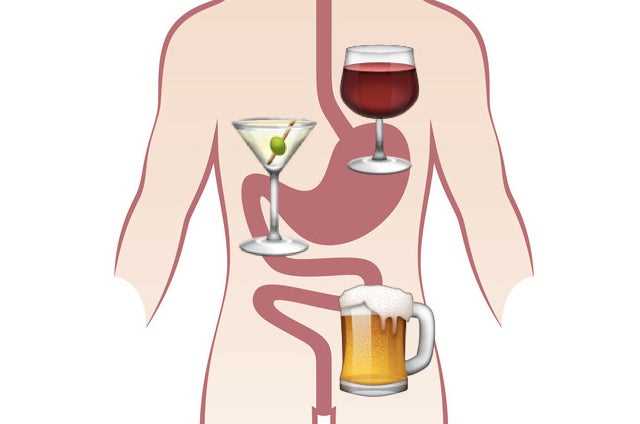
Analyzing the elements of this beverage reveals its complex nature, which can influence digestive health and stool coloration. The primary constituents include:
- Phenolic Compounds: These include flavonoids and tannins that contribute to taste, color, and antioxidant properties.
- Alcohol: The fermentation process produces ethanol, affecting metabolism and gut flora.
- Acids: Organic acids, such as tartaric and malic acid, play a role in flavor and preservation.
- Sugars: Residual sugars can vary and influence sweetness and fermentation outcomes.
Each of these components interacts with the digestive system. Phenolic compounds can impact gut health by altering microbiota composition. High alcohol content may lead to irritation of the gastrointestinal tract, potentially resulting in altered bowel movements.
Additionally, sulfites, often used as preservatives, might provoke reactions in sensitive individuals, leading to digestive discomfort. Consideration of these factors is essential when evaluating how this beverage affects individual health.
I recommend observing personal reactions after consumption, particularly if gastrointestinal issues arise. Keeping a journal of intake and symptoms can provide valuable insights into how various wines influence your body.
How Red Wine Affects Digestion and Stool Color
Moderation is key. Consuming moderate amounts of this fermented beverage can influence digestion positively, aiding in the breakdown of food due to its acidity and tannin content. The antioxidants present may also support gut health by promoting beneficial bacteria.
Impact on Digestion
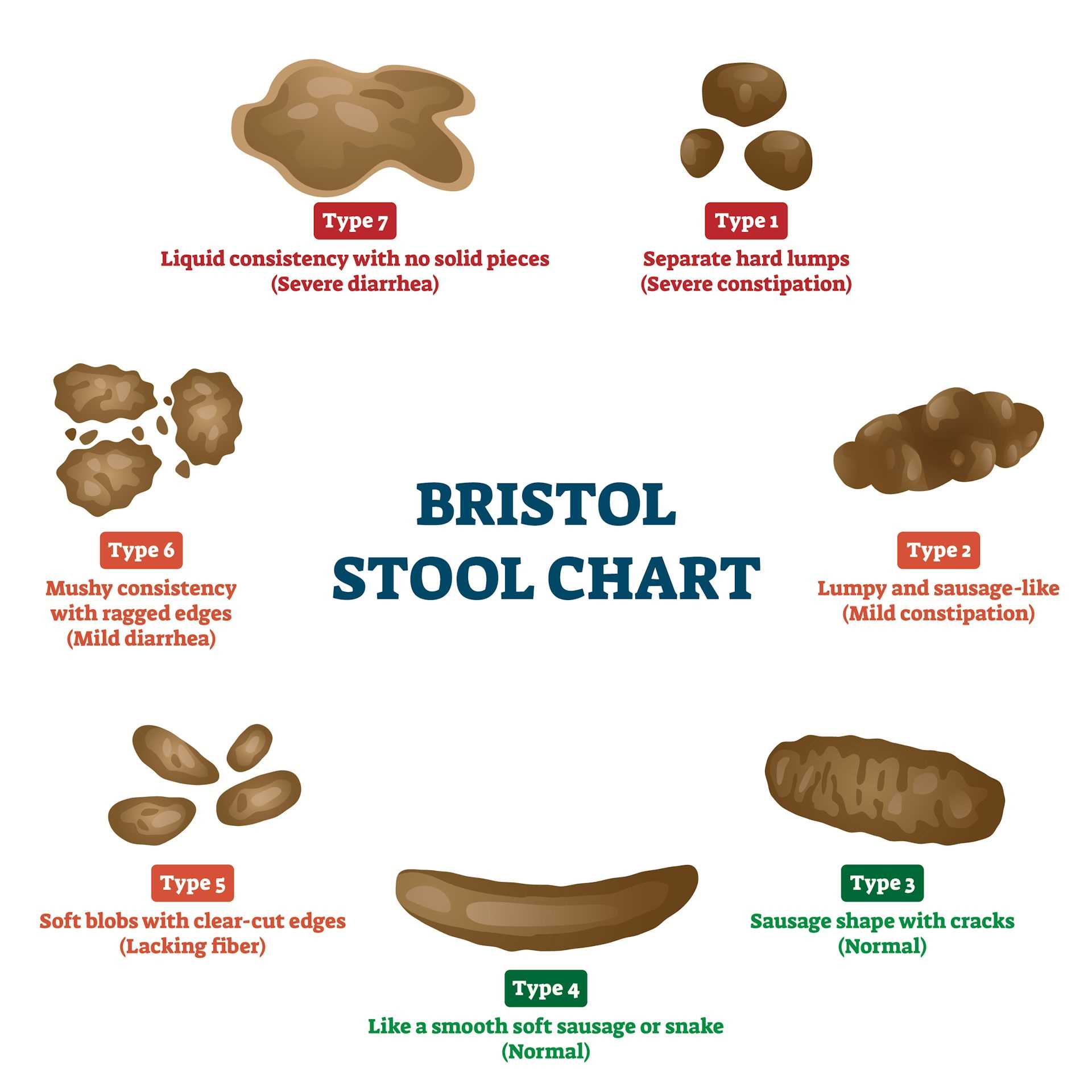
The compounds found in this beverage can stimulate digestive enzymes, enhancing the body’s ability to process nutrients. However, excessive intake may lead to irritation of the gastrointestinal tract, resulting in discomfort or irregularities.
Stool Color Alterations

Intake of certain pigments and tannins may temporarily alter stool coloration. This is particularly true if consumed alongside specific foods, such as beets or dark fruits, which also have strong pigments. It’s essential to monitor dietary habits and note any significant changes.
If concerned about unusual stool colors, consult a healthcare professional. Tracking dietary choices can provide insights into digestive health and any potential effects on stool appearance.
Identifying Other Causes of Dark Feces
Several factors can lead to the presence of dark-colored excrement, and it’s crucial to explore these potential contributors for accurate assessment.
- Dietary Choices: Consuming foods rich in iron, such as red meat or fortified cereals, can result in a deeper shade of feces. Additionally, foods with dark pigments, like blueberries or black licorice, may influence stool color.
- Medications: Certain pharmaceuticals, particularly iron supplements and bismuth subsalicylate (found in medications like Pepto-Bismol), can impact stool appearance. Always review medication side effects with a healthcare provider.
- Gastrointestinal Bleeding: Ulcers or other forms of bleeding within the digestive tract can lead to the formation of dark, tar-like feces. This requires immediate medical attention to determine the underlying cause.
- Infections: Certain infections, particularly those affecting the stomach or intestines, can alter the color of excrement. Conditions such as gastroenteritis may also cause changes in bowel habits.
- Liver Issues: Liver dysfunction can lead to alterations in bile production, affecting stool coloration. Symptoms such as jaundice or abdominal pain should not be ignored.
- Malabsorption Disorders: Conditions that impair nutrient absorption, such as celiac disease or Crohn’s disease, may also alter the color and consistency of feces.
Consulting a healthcare professional is advisable for proper diagnosis and treatment, especially if dark feces persist or are accompanied by other concerning symptoms.
When to Seek Medical Attention for Dark Colored Bowel Movements
Immediate consultation with a healthcare professional is necessary if you observe dark bowel movements accompanied by any of the following symptoms:
- Severe abdominal pain or cramping
- Persistent vomiting, especially if it resembles coffee grounds
- Lightheadedness or fainting spells
- Rapid heart rate or palpitations
- Signs of anemia such as fatigue, weakness, or pallor
These indicators may signify significant internal bleeding or other serious gastrointestinal issues. If dark feces persist beyond a couple of days without any apparent reason, seek medical evaluation to rule out any underlying conditions.
In cases where the discoloration is suspected to result from dietary choices, such as the consumption of certain foods or beverages, monitoring your symptoms closely is advisable. If changes in bowel color do not resolve after eliminating potential dietary culprits, a healthcare provider should be consulted.
Documenting the duration and frequency of unusual bowel appearances can aid medical professionals in diagnosing the issue effectively. Providing detailed information regarding recent dietary habits, medications, and any additional symptoms will facilitate a more accurate assessment.
| Symptom | Action |
|---|---|
| Severe abdominal pain | Seek immediate medical attention |
| Vomiting resembling coffee grounds | Visit an emergency room |
| Lightheadedness or fainting | Contact a healthcare provider |
| Rapid heart rate | Get evaluated by a medical professional |
| Signs of anemia | Schedule an appointment for assessment |
Comparing Red Wine with Other Alcoholic Beverages
Opting for a glass of merlot or a craft beer can yield different effects on digestion and stool appearance. For instance, darker beers, such as stouts, may also lead to darker fecal matter due to their high malt content and added ingredients like chocolate or coffee. In contrast, lighter beers tend to have less impact on stool color, typically resulting in a more neutral shade.
Spirits like whiskey or rum, when consumed in moderation, do not usually affect stool color significantly. However, high sugar content in flavored liquors can provoke gastrointestinal issues that may alter stool consistency and appearance. Meanwhile, cocktails containing fruit juices or soda might also contribute to digestive disturbances, depending on individual tolerance.
Champagne and sparkling wines, while generally lighter, can cause bloating or gas, potentially leading to changes in stool characteristics. The carbonation may influence digestion differently compared to still options. Each type of alcoholic beverage interacts uniquely with the digestive system, making it essential to pay attention to personal responses.
Understanding these distinctions aids in making informed choices about alcohol consumption and potential health implications. Always consider how various beverages may influence your body, particularly regarding digestive health and stool characteristics.
Tips for Moderation in Consumption
Limit intake to one or two servings per occasion. This helps maintain a balanced approach while enjoying the flavors and health benefits. Opt for smaller glasses to control portions effectively.
Pairing with Food
Combine with meals to slow absorption and enhance the tasting experience. Foods high in fiber, such as vegetables and whole grains, can mitigate any potential digestive discomfort. For instance, try pairing with seafood, like how to cook flounder fillets on skillet, which complements the tannins and acidity beautifully.
Stay Hydrated
Drink water alongside to prevent dehydration, which can exacerbate any side effects. Aim for a glass of water for every serving enjoyed. This practice supports overall wellness and enhances the tasting experience.
Myths and Facts About Red Wine and Gastrointestinal Health

Many believe that polyphenols in fermented grape beverages can lead to digestive issues, including altered stool appearance. However, scientific evidence supporting this notion remains limited. The antioxidants found in these beverages may actually promote gut health by fostering beneficial bacteria.
Another common misconception is that tannins are solely responsible for gastrointestinal discomfort. While tannins can cause sensitivity in some individuals, they are not universally problematic. The key lies in individual tolerance levels and overall dietary habits.
It’s also said that frequent consumption of fermented grape beverages can lead to chronic gastrointestinal disorders. In reality, moderation is crucial. A balanced diet and responsible consumption can mitigate potential negative effects on gut health.
Some assert that all fermented grape beverages are created equal. Yet, the production methods and ingredients significantly influence their health impacts. Opting for organic or lower-sulfite varieties may be beneficial for sensitive individuals.
Lastly, it’s vital to differentiate between anecdotal claims and scientific research. While personal experiences may vary, empirical studies provide a clearer picture of how these beverages interact with gastrointestinal systems. Education and awareness are key in dispelling myths and understanding the true effects on health.
FAQ:
Can drinking red wine lead to black stools?
Yes, drinking red wine can potentially lead to black stools. This can occur due to several factors. One reason is that red wine contains tannins and other compounds that may affect the gastrointestinal tract, leading to changes in stool color. Additionally, if there is any bleeding in the upper gastrointestinal tract, such as from ulcers or gastritis, the blood can mix with the digestive acids and appear black when it is finally excreted. It’s important to monitor any changes in stool color and consult a healthcare professional if you notice persistent black stools, as this could indicate a more serious underlying condition.
What should I do if I notice black stools after drinking red wine?
If you notice black stools after consuming red wine, it is advisable to pay attention to any other symptoms you might be experiencing. If the black stools are accompanied by symptoms such as abdominal pain, dizziness, or vomiting, it is crucial to seek medical attention immediately. However, if the black stools occur without any other concerning symptoms, it may be worth monitoring for a short period. Keep track of your diet and other factors that could contribute to this change. If the issue persists or you have any concerns, consulting a healthcare professional is recommended to rule out any serious conditions and to get personalized advice on your situation.

